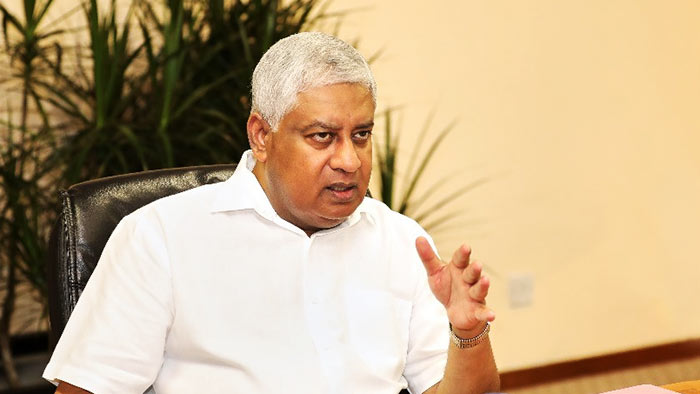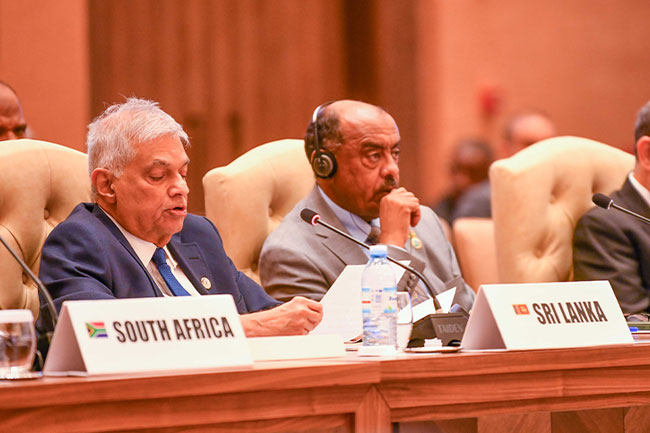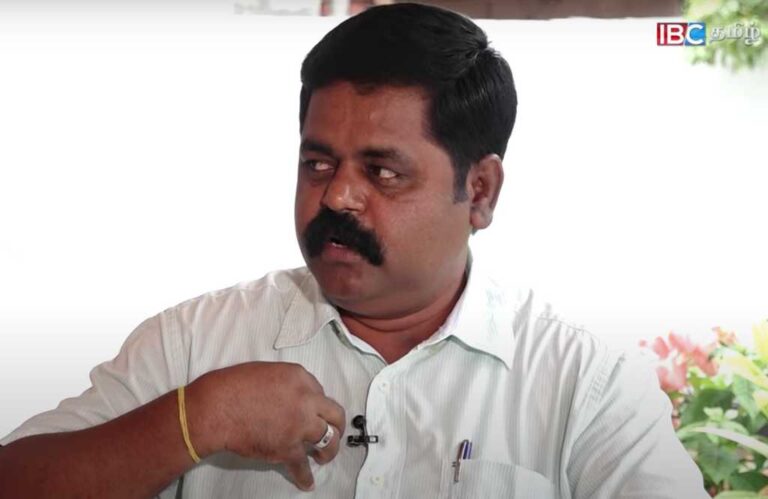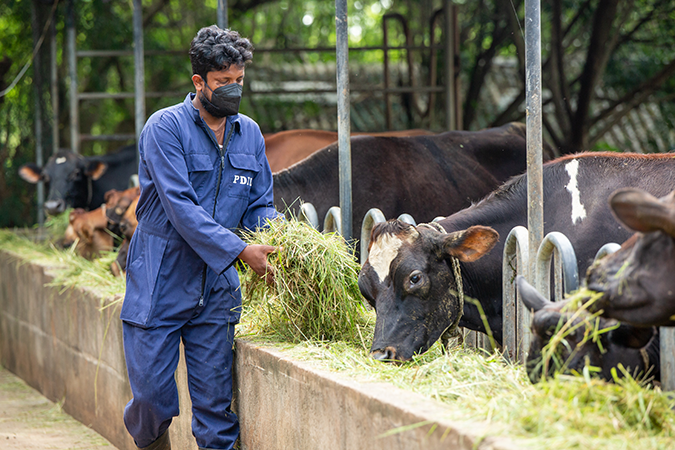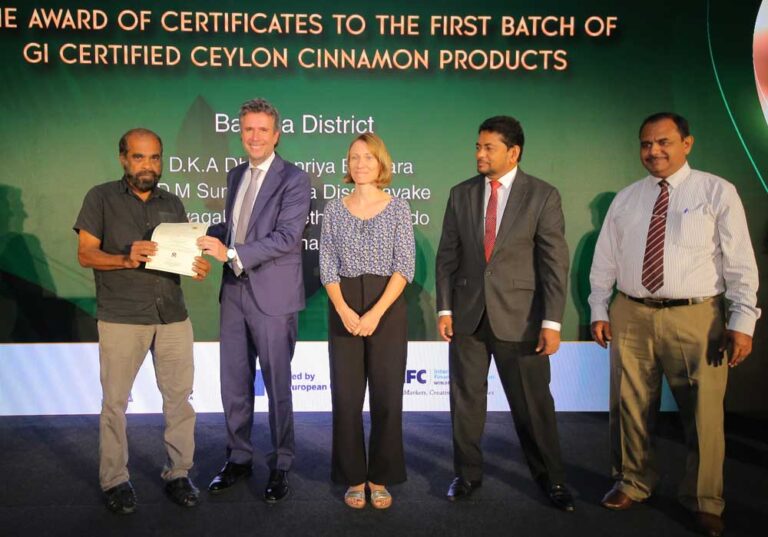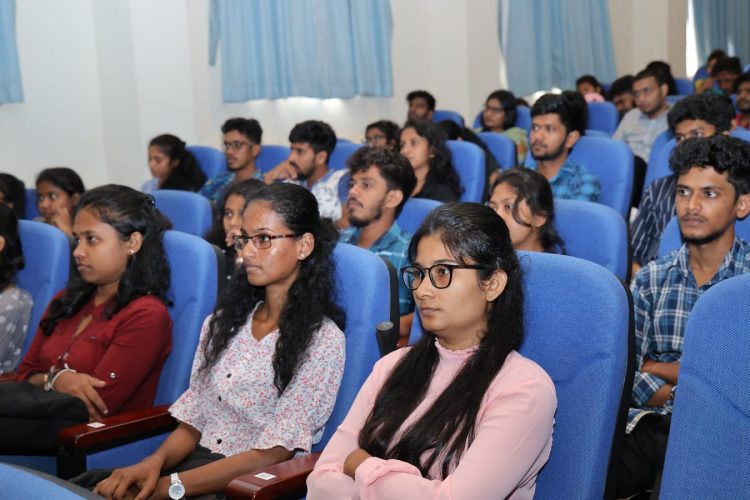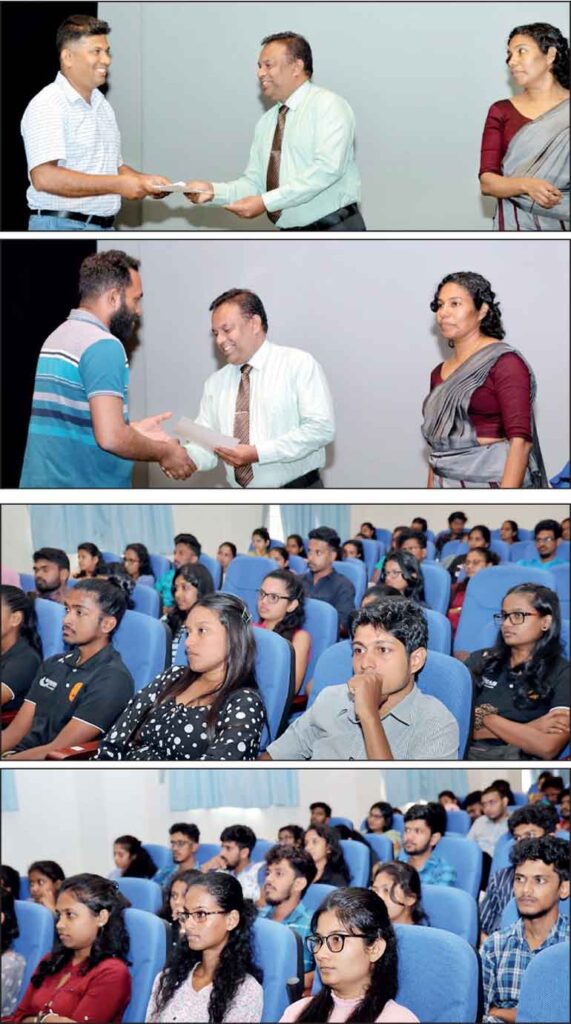Reporters Without Borders (RSF) calls on candidates to the 14 February 2024 Indonesian general election to voice their support for press freedom and commit to an agenda of related reforms.
In one month, Indonesia, the third largest democracy in the world, will call upon its 205 million eligible voters to cast their ballots. With the Indonesian presidential and legislative elections scheduled for 14 February 2024, RSF calls on the candidates to commit to reforms aimed at strengthening the physical and digital security of media professionals, and putting an end to abusive defamation proceedings.
RSF addresses the following presidential candidates: former Jakarta governor and independent candidate Anies Baswedan and his running mate Muhaimin Iskandar from the Coalition of Change for Unity; former governor of Central Java province Ganjar Pranowo and Mahfud MD from the Alliance of Political Parties Supporting Ganjar Pranowo; and, current defence minister Prabowo Subianto running with Gibran Rakabuming from the Advanced Indonesia Coalition.
“The current president Joko Widodo’s eight years in office have been marked by a series of broken promises regarding press freedom. We call on all candidates to the general elections to take measures ensuring the safety of journalists, and to put an end to abusive proceedings against media professionals. These two conditions are necessary to improve the media sector and thus contribute to the consolidation of Indonesian democracy.”
Cédric Alviani
RSF Asia-Pacific Bureau Director
A vibrant yet restricted media landscape
Third most populous country in the world and the largest in Southeast Asia, Indonesia enjoys a dynamic media environment, with around a hundred thousand journalists. Their work, however, is regularly hampered by acts of violence or intimidation, as well as by the persistence of taboo subjects in society, such as gender identity.
In recent years, several journalists have been detained for their reporting, such as Muhammad Asrul, sentenced to three months for defamation in 2021 after revealing a corruption case. In November 2023, the house of journalist Weren Timo was destroyed by arson shortly after the journalist had received several threats linked to his reports on illegal gambling activities.
Even more concerning is the region of West Papua, which lies in the east of Indonesia, where a genuine information blackout has been established. Journalists are not allowed to report about the military brutal crackdown on the Papuan separatist movement. Despite the election promises of incumbent president Joko Widodo, it remains very difficult for journalists to report from the region. In August 2019, after pro-independence demonstrations broke out, the Indonesian authorities imposed an internet blackout in the region, preventing journalists from covering the protests.
RSF’s recommendations to the candidates:
- Ensure the protection and safety of journalists against all forms of violence, pressure, and harassment. This includes all attempts to prevent them from carrying out their work or to undermine their ability to do so. Conduct impartial and independent investigations to identify and prosecute those responsible for crimes of violence against journalists;
- Remove limitations to the right to information in the West Papua province by guaranteeing that all journalists have, in practice, unhindered access to the region and to ensure that the internet, including social media, remains open, accessible, and secure;
- Reform defamation laws by removing the prison sentences and disproportionate fines from the Law on Information and Electronic Transactions (ITE Law), and by introducing legislation to identify gagging proceedings against journalists;
- Establish regulation against disinformation in line with international safeguards for freedom of expression, and based on the recommendations from the Forum on Information and Democracy report on Infodemics (2020). Such policies should also provide for an appropriate judicial review process for governments or online platforms’ decisions to block or delete content;
- Emphasise critical thinking and media literacy in academic curricula and public education actions by ensuring that school children are being taught from a young age to discern fact from fiction.
Indonesia, ranked 108th out of 180 in the 2023 RSF World Press Freedom Index, guarantees freedom of the press in principle in its legislation.
REPORTERS SANS FRONTIÈRES / REPORTERS WITHOUT BORDERS (RSF)



